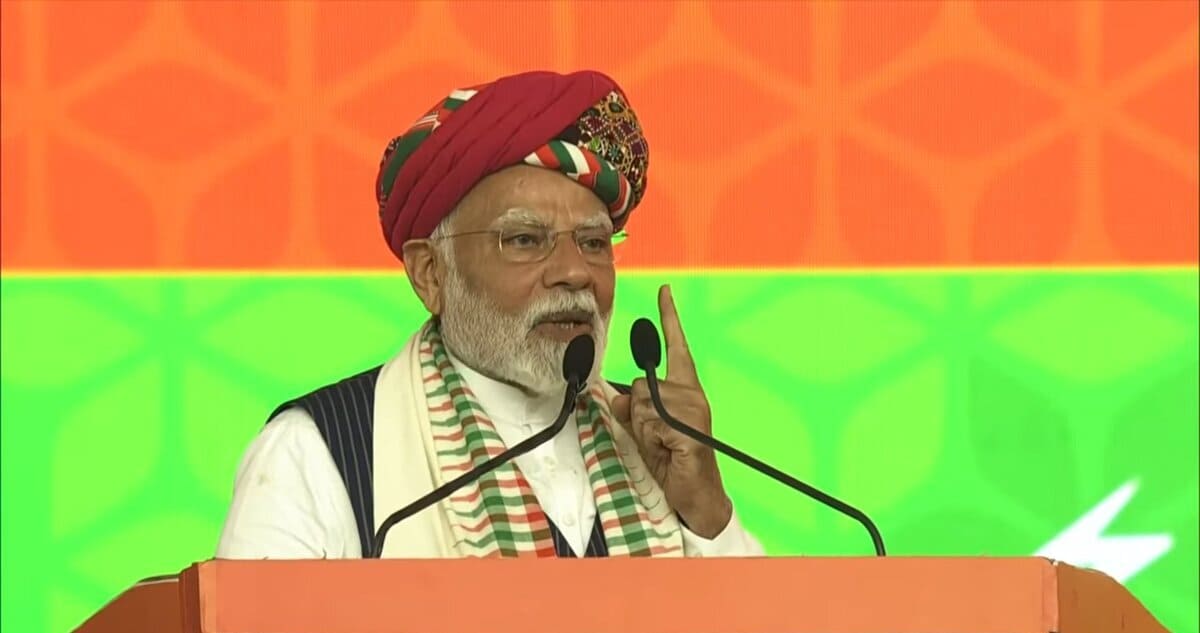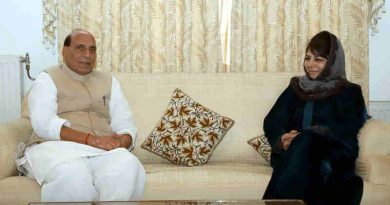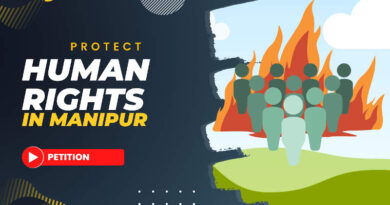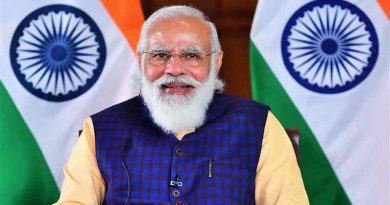Modi’s Global Shadow: Repression, Corruption, and International Justice

Modi’s Global Shadow: Repression, Corruption, and International Justice
RMN News Service details Sikh groups’ demands for Canadian Prime Minister Mark Carney to rescind Indian Prime Minister Narendra Modi’s G7 invitation due to accusations of transnational repression and related issues.
By RMN News Service
June 14, 2025
Critical Questions and Answers
1. What are the main allegations against the Indian government regarding transnational repression?
The Indian government, under Prime Minister Narendra Modi, is accused of engaging in transnational repression, specifically in connection with the 2023 murder of Sikh leader Hardeep Singh Nijjar in Canada and the attempted assassination of Sikh activist Gurpatwant Singh Pannun in the United States.
Canada has directly accused India of complicity in Nijjar’s murder, leading to diplomatic expulsions, while the U.S. has charged Indian agents in the plot against Pannun. Both incidents involve alleged targeting of Sikh activists advocating for an independent Sikh state (Khalistan).
2. What was the reported condition for Prime Minister Modi’s invitation to the G7 outreach meeting in Canada?
Indian Prime Minister Narendra Modi’s invitation to the G7 outreach meeting in Canada was reportedly conditional on his government’s agreement to increased law enforcement cooperation with Canada regarding the Hardeep Singh Nijjar killing investigation. Canadian Prime Minister Mark Carney publicly confirmed that the invitation followed “important” bilateral progress, specifically mentioning an agreement for “continued law enforcement dialogue.”
3. How have Canadian Sikh organizations reacted to Modi’s G7 invitation?
Canadian Sikh organizations, including the World Sikh Organization of Canada and the Sikh Federation Canada, have strongly condemned Prime Minister Mark Carney’s decision to invite Modi to the G7 summit. They held a press conference urging the withdrawal of the invitation unless India fully cooperates with ongoing investigations and commits to ceasing interference in Canadian affairs and targeting Sikhs within Canada. They argue that the invitation legitimizes the alleged transnational repression by the Modi regime.
4. What is the alleged link between Modi’s cooperation in the Pannun case and the Adani corruption scandal?
It is suggested that Modi’s apparent cooperation with U.S. law enforcement in the Gurpatwant Singh Pannun assassination plot case, in contrast to his lack of cooperation in the Nijjar investigation, is motivated by a desire to protect his alleged associate, Gautam Adani. Adani is facing a multi-billion-dollar corruption and fraud case in a U.S. court, and it is believed that Modi’s cooperation with the U.S. aims to secure Adani’s exoneration in this case.
RELATED REPORTS
[ Sikh Groups Demand Revocation of Modi’s G7 Invitation Over Transnational Repression Accusations ]
[ ਵੀਡੀਓ: ਨਰਿੰਦਰ ਮੋਦੀ ਨੂੰ ਕੈਨੇਡਾ ਵਿੱਚ ਹੋਣ ਵਾਲੇ G7 ਸੰਮੇਲਨ ਵਿੱਚ ਕਿਉਂ ਨਹੀਂ ਸੱਦਾ ਦਿੱਤਾ ਗਿਆ? ]
[ ਵੀਡੀਓ: ਸਿੱਖ ਸਮੂਹਾਂ ਨੇ ਮੋਦੀ ਦੇ ਕੈਨੇਡਾ G7 ਸੱਦੇ ਨੂੰ ਰੱਦ ਕਰਨ ਦੀ ਮੰਗ ਕੀਤੀ। ]
5. What concerns have arisen regarding the safety of Canadian politicians in relation to alleged Indian interference?
Concerns about the safety of Canadian politicians have emerged following a report that an Indian agent surveilled former New Democratic Party (NDP) leader Jagmeet Singh with the intent to attack him. This has led to fears that other Canadian politicians might be hesitant to oppose Modi due to perceived threats, potentially influencing Prime Minister Carney’s decision to invite Modi to the G7 summit despite initial reservations.
6. What arguments are being made against India’s G7 invitation based on its economic status?
Critics argue against India’s G7 invitation by questioning its status as a developed economy. They highlight India’s “underdeveloped status,” “heavy debt,” and a significant drop in net Foreign Direct Investment (FDI) by 96.5% in FY25, reaching a record low of $353 million, as evidence that it does not merit inclusion based on economic strength.
7. Beyond the Nijjar and Pannun cases, what other alleged crimes and human rights issues are linked to Narendra Modi?
Beyond the Nijjar and Pannun cases, Narendra Modi faces accusations of involvement in numerous other alleged criminal activities and human rights abuses. These include the 2025 Pahalgam attack, the 2019 Pulwama attack, the 2002 Godhra train burning, the 2002 Gujarat pogrom, the 2020 violence in Delhi targeting Muslims, the murder case of Gujarat politician Haren Pandya, and the mysterious death of judge Loya. There are also allegations of electoral fraud, widespread poverty, corruption, inflation, and religious animosity under his regime.
8. What calls are being made for international action regarding Narendra Modi?
There are calls for world leaders, led by Mark Carney, to reinstate bans on Modi’s entry into their countries, citing his alleged role in the 2002 Gujarat mass murders for which his U.S. visa was previously revoked. Furthermore, it is proposed that an international court, such as the International Criminal Court (ICC) or the International Court of Justice (ICJ), should handle Modi’s case, suggesting that a fair and transparent investigation and prosecution are impossible within India under his premiership. Some even propose a trial at an international judicial forum similar to the Nuremberg Military Tribunal for crimes against peace, war crimes, and crimes against humanity.
💛 Support Independent Journalism
If you find RMN News useful, please consider supporting us.




